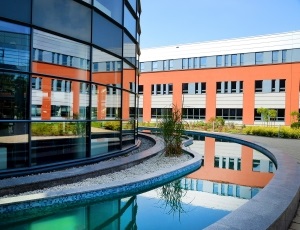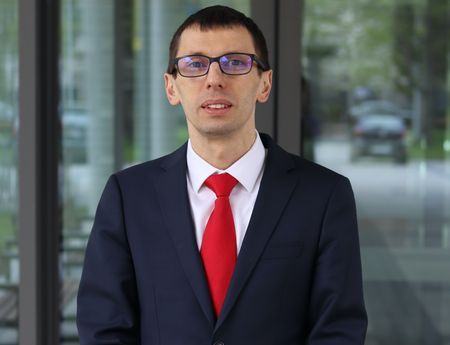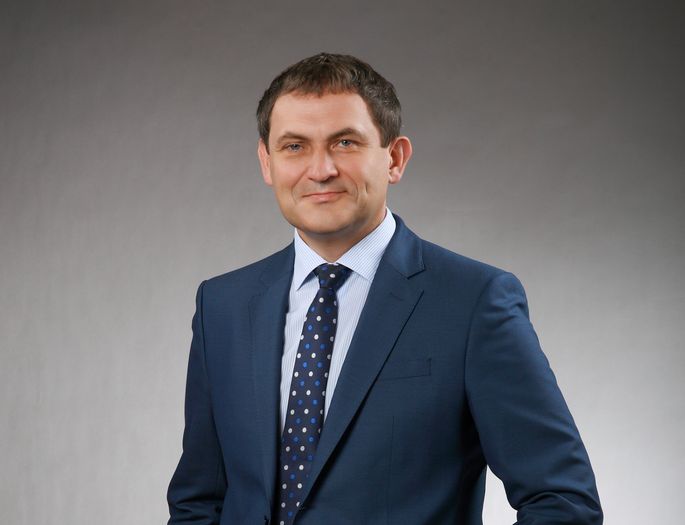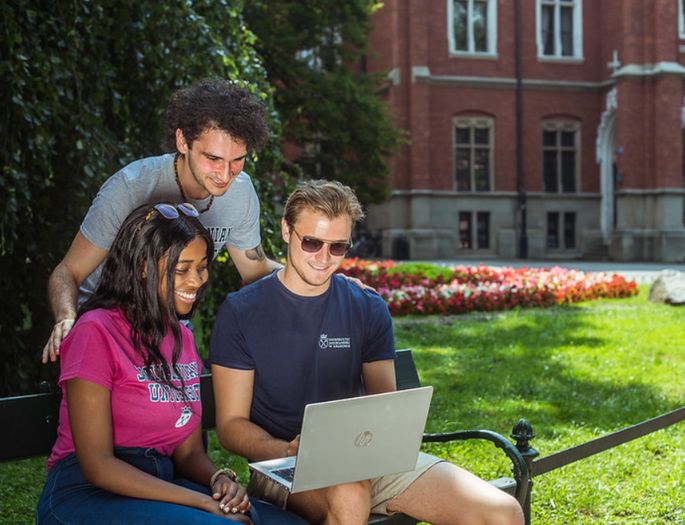
The Foundation for Polish Science has announced the results of the second TEAM Programme competition, which offers grants for ground-breaking research conducted by leading international scientists within the framework of research teams. One of the competition winners is Dr Grzegorz Zuzel from the JU Faculty of Physics, Astronomy and Applied Computer Science. He will conduct his study with the assistance of Belgian and Spanish researchers.
The second edition of the competition featured 52 projects, eight of which have received a total of 27 million PLN. The funds will come from the Smart Growth Operational Programme 2014–2020. The funded projects will last for 36 months, with the possibility of extending their duration by additional 24 months. The projects may be realised by academic institutions, businesses and business-research consortiums in Poland. The winners of the competition will conduct their research in collaboration with a total of 17 international partners.
Dr Grzegorz Zuzel from the JU Department of Experimental Computer Physics, winner of the TEAM Programme competition, will receive 3,214,304 PLN for a project entitled Badania metod uzyskiwania materiałów wolnych od izotopów promieniotwórczych dla nauki i społeczeństwa [A study on the methods of obtaining non-radioactive isotopes for science and society].
‘The project will focus on developing new methods of obtaining materials characterised by an extremely small amount of natural radioactive isotopes. We’re talking about a billion times lower concentration of these isotopes than we can observe in our current environment. To register such minuscule levels of radioactivity, we will need to construct special detectors with precise data analysis procedures. That way, we’ll reach a very high level of equipment sensitivity. In some cases, we’ll practically be able to see individual instances of radioactive decay’, Dr Zuzel explained. ‘The technology we develop will be used to build large detectors, which will then be employed in the search for extremely rare examples of radioactive decay or dark matter particles – processes not included in the Standard Model’, he added.
The project will be realised in collaboration with Laboratorio Subterráneo de Canfranc (Spain) and the Joint Research Centre in Geel (Belgium).





